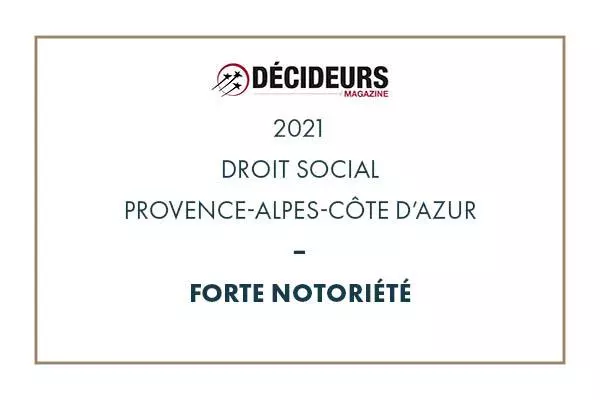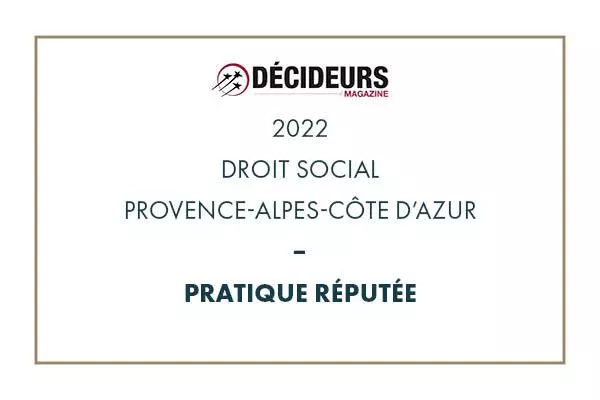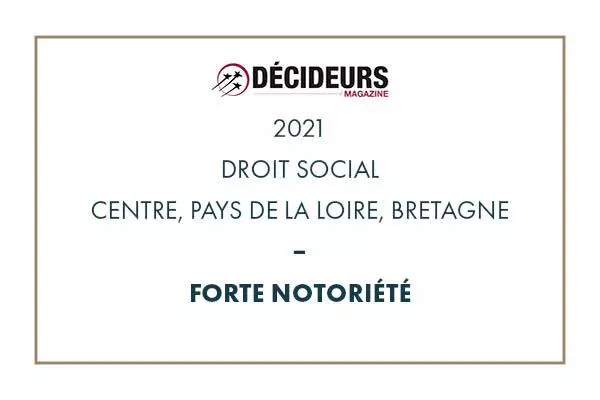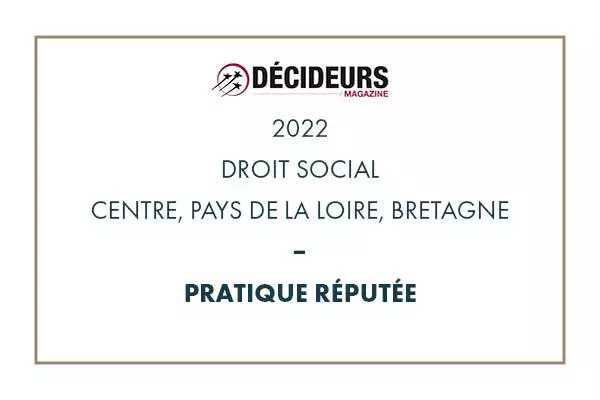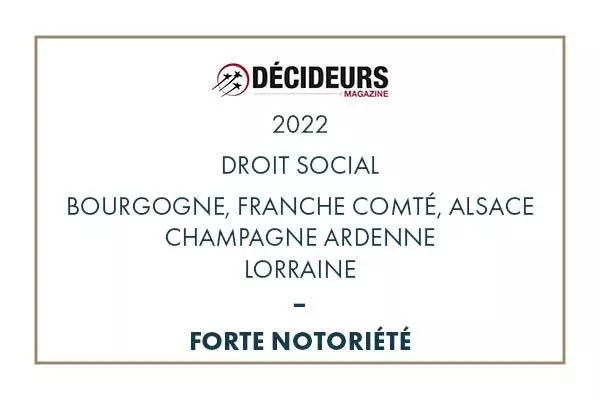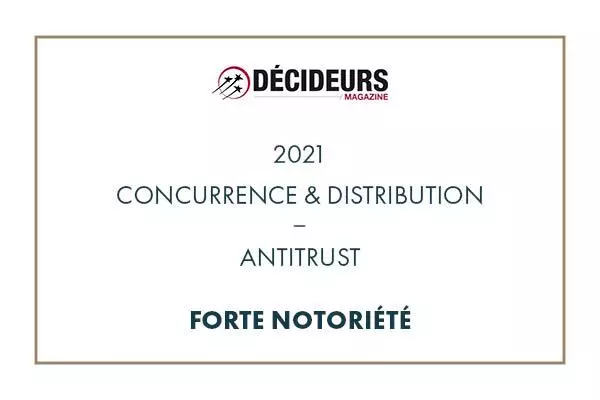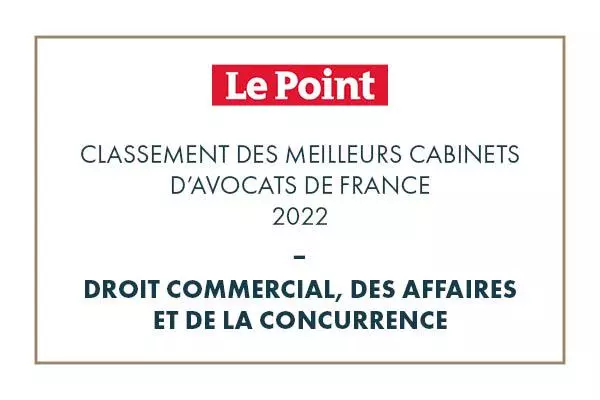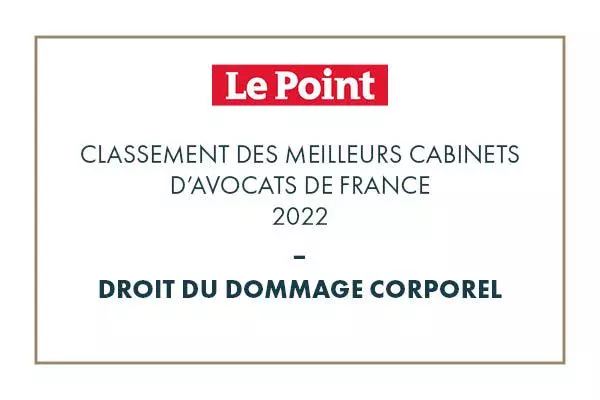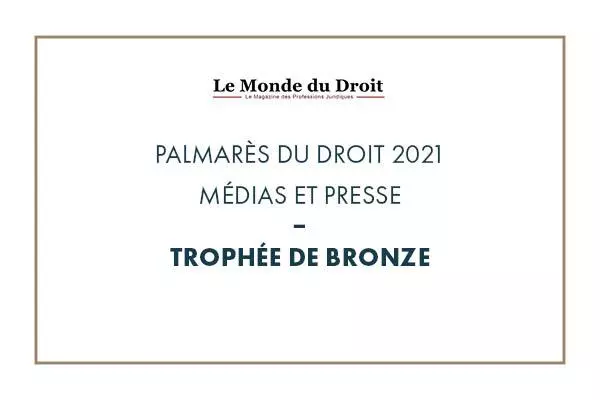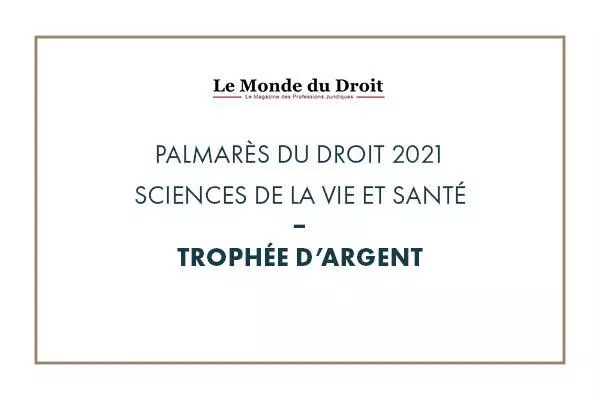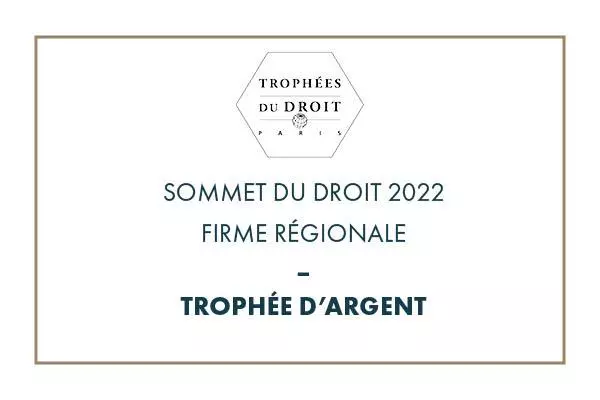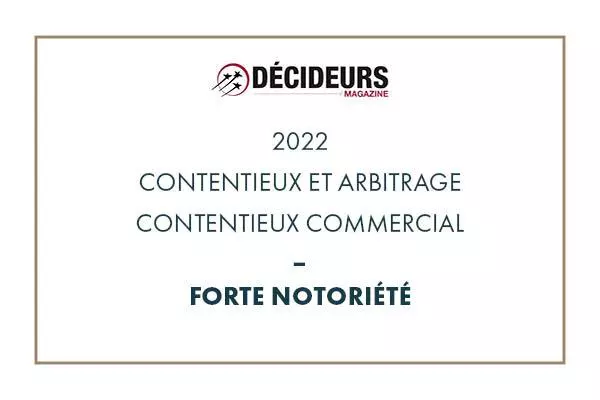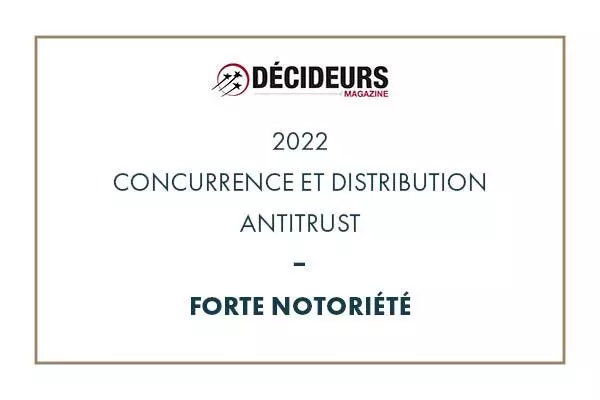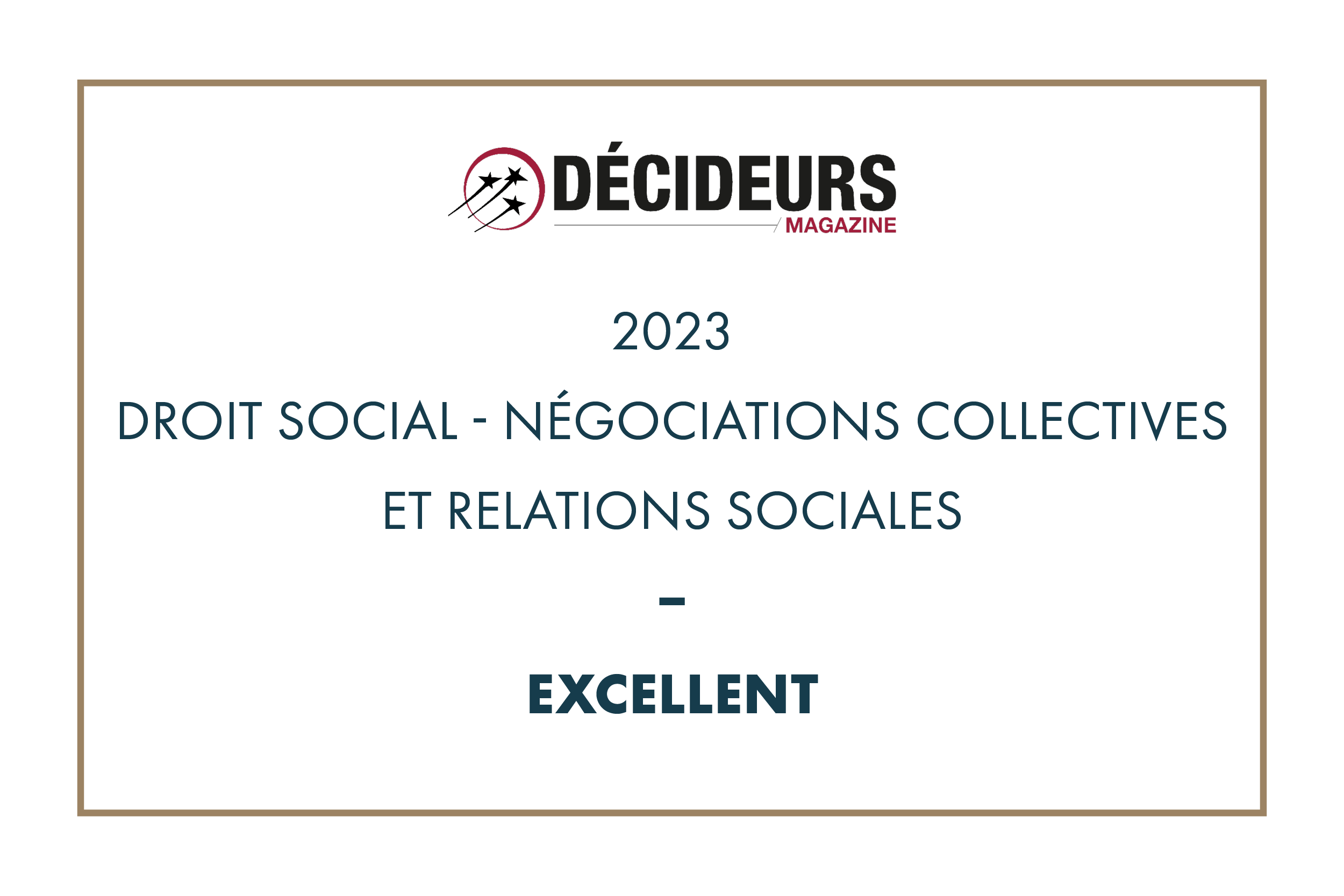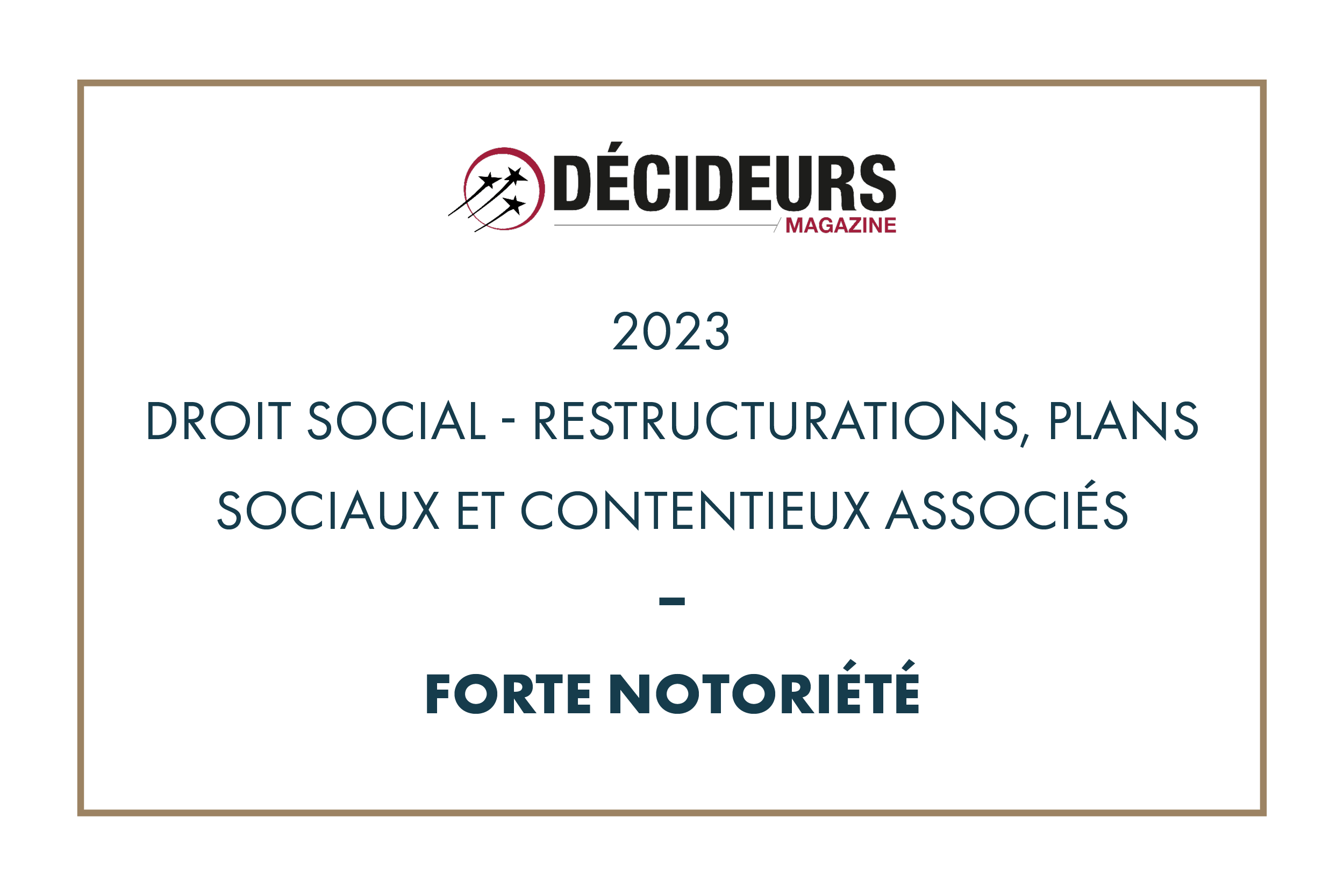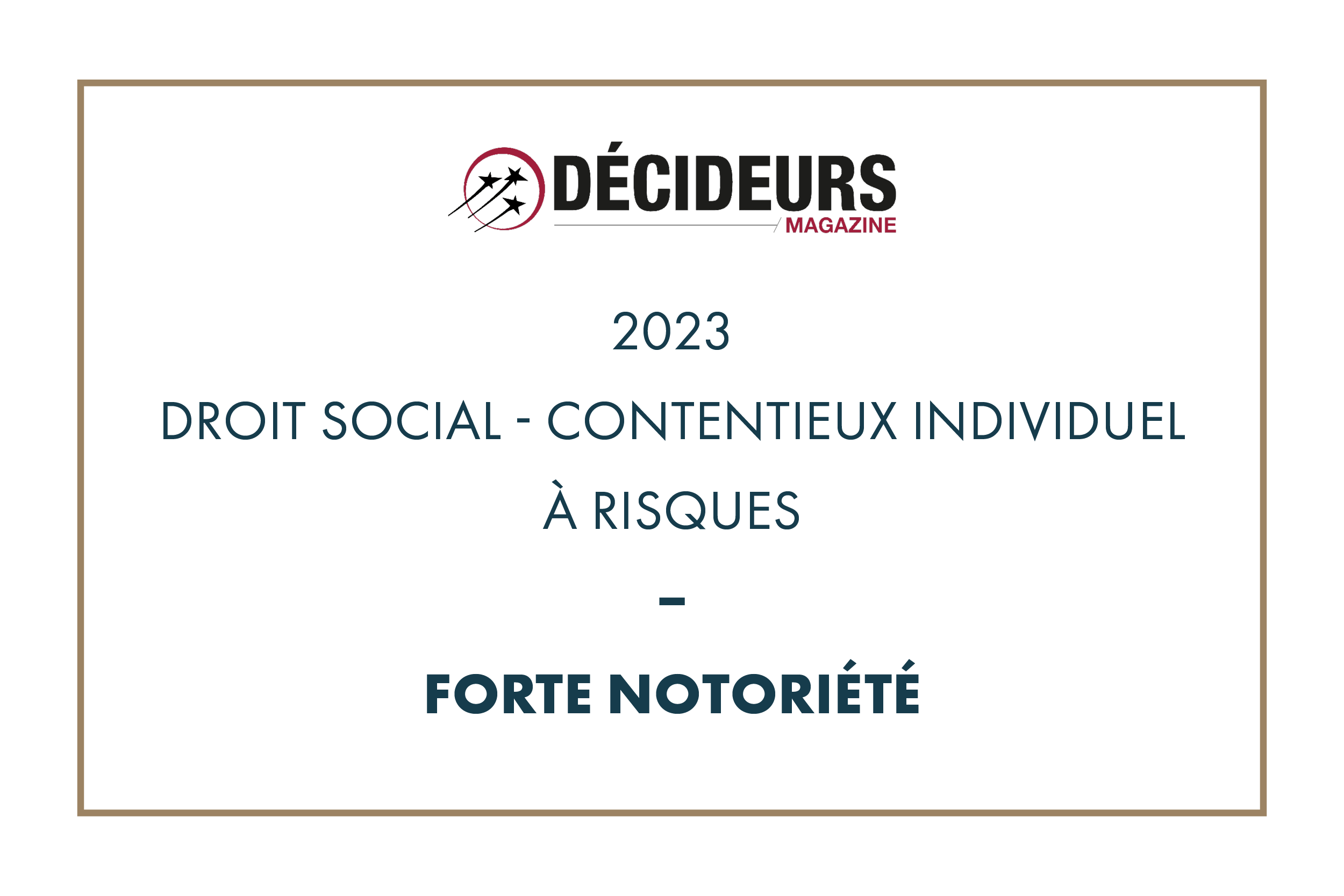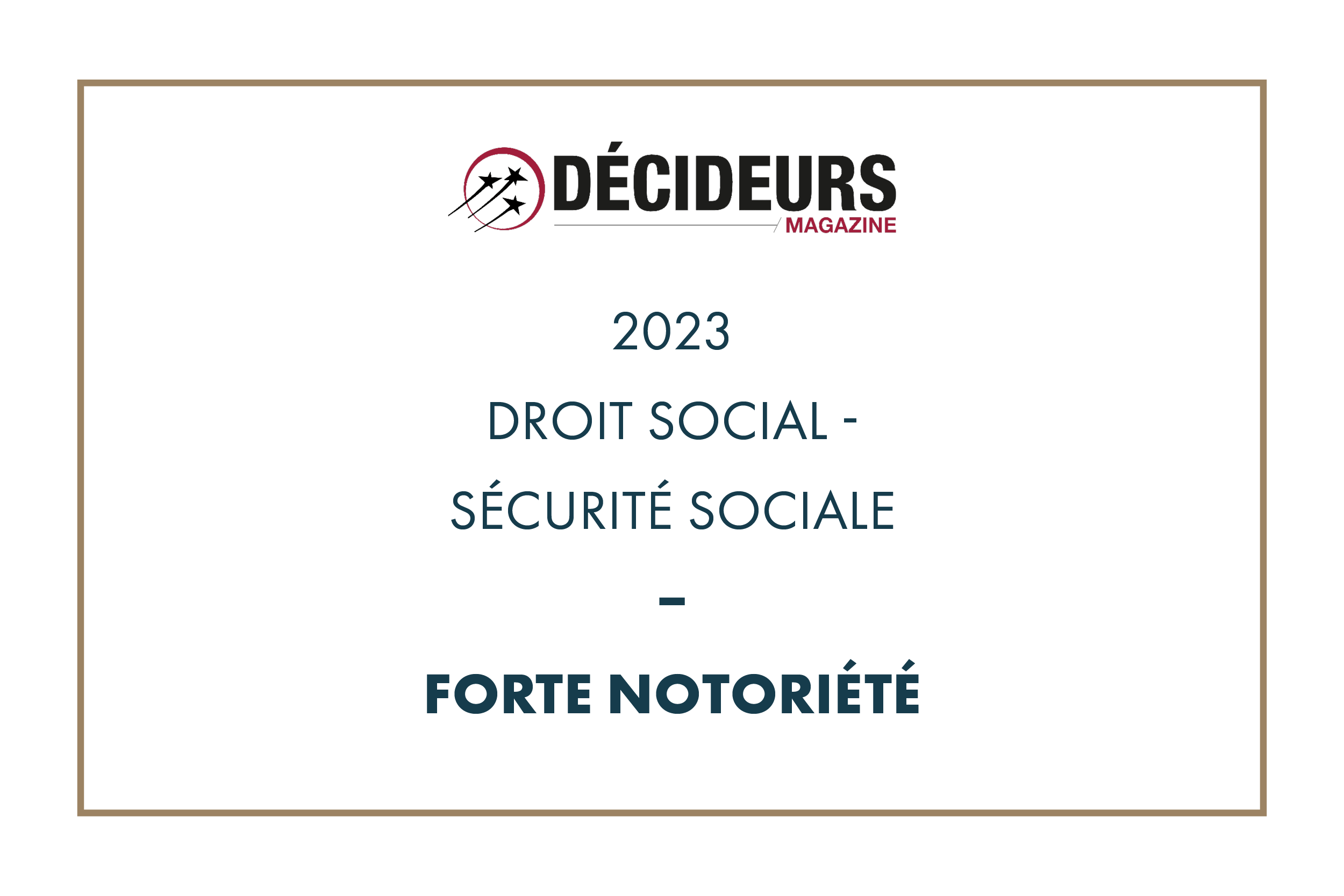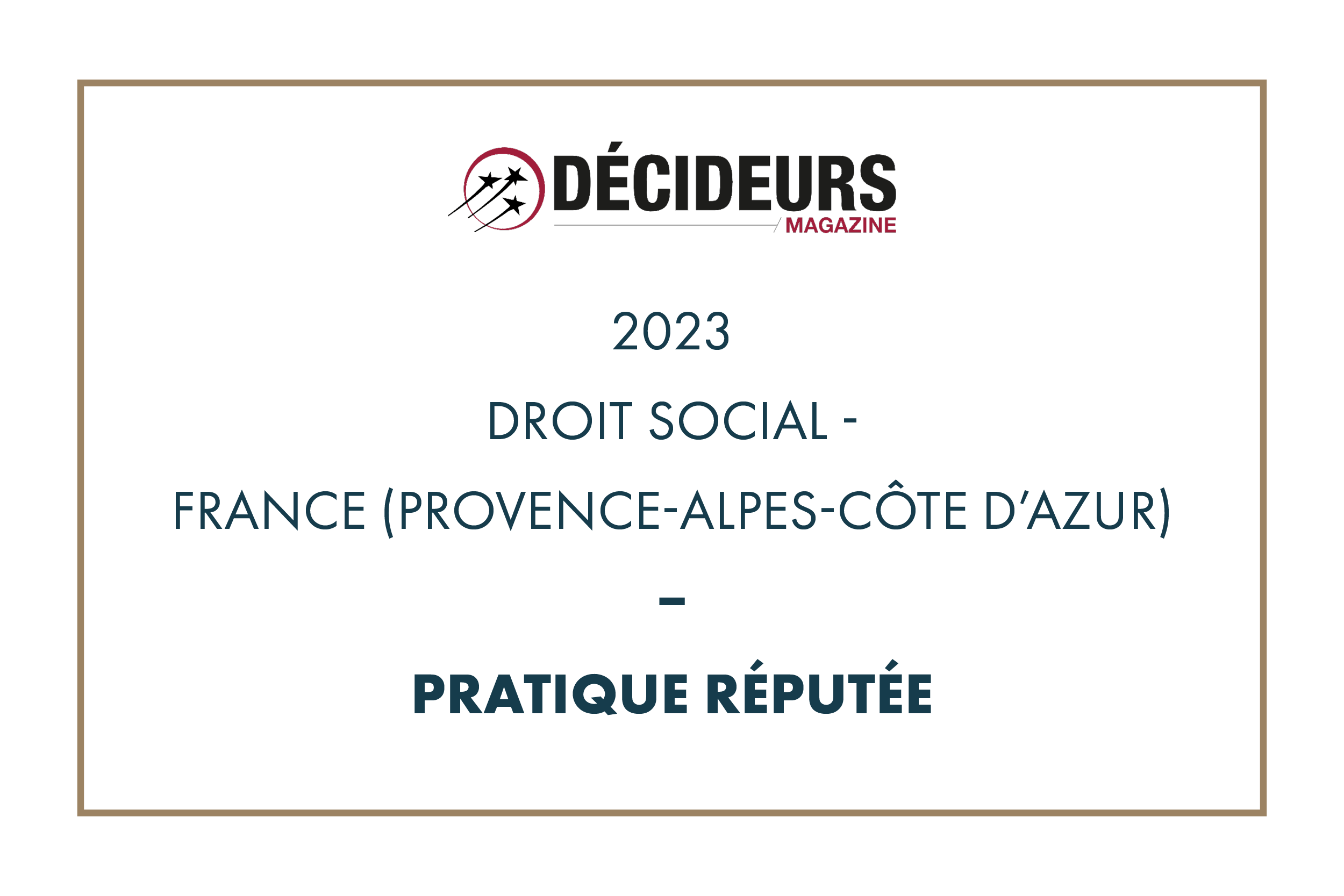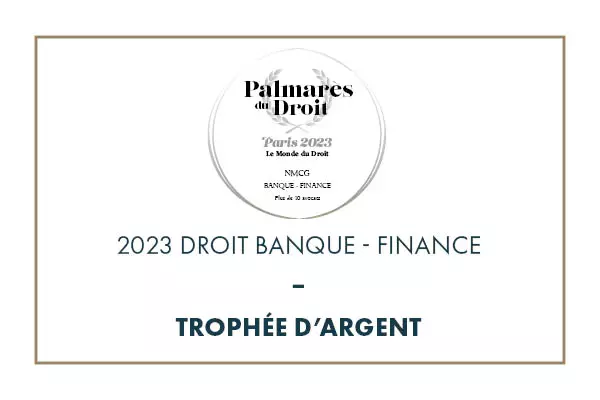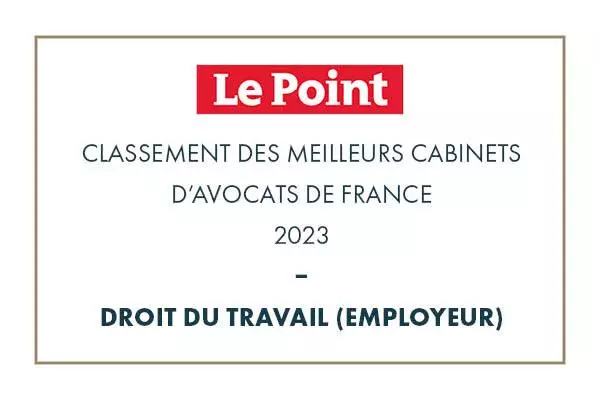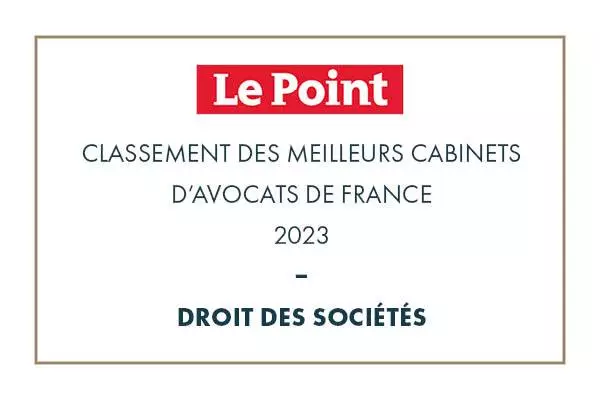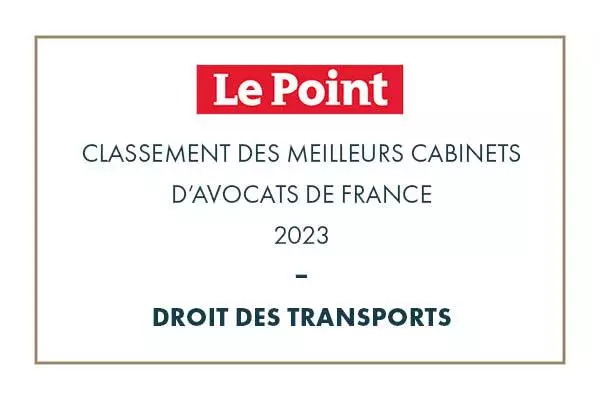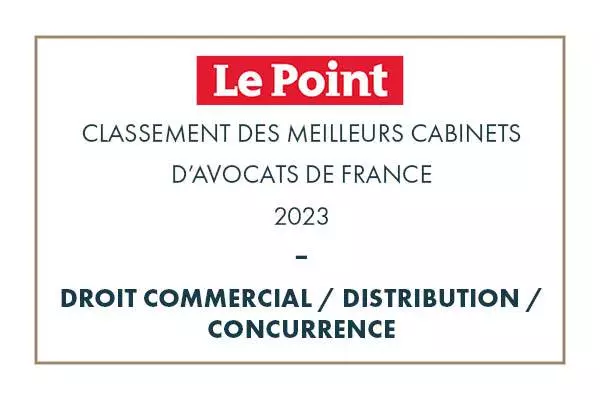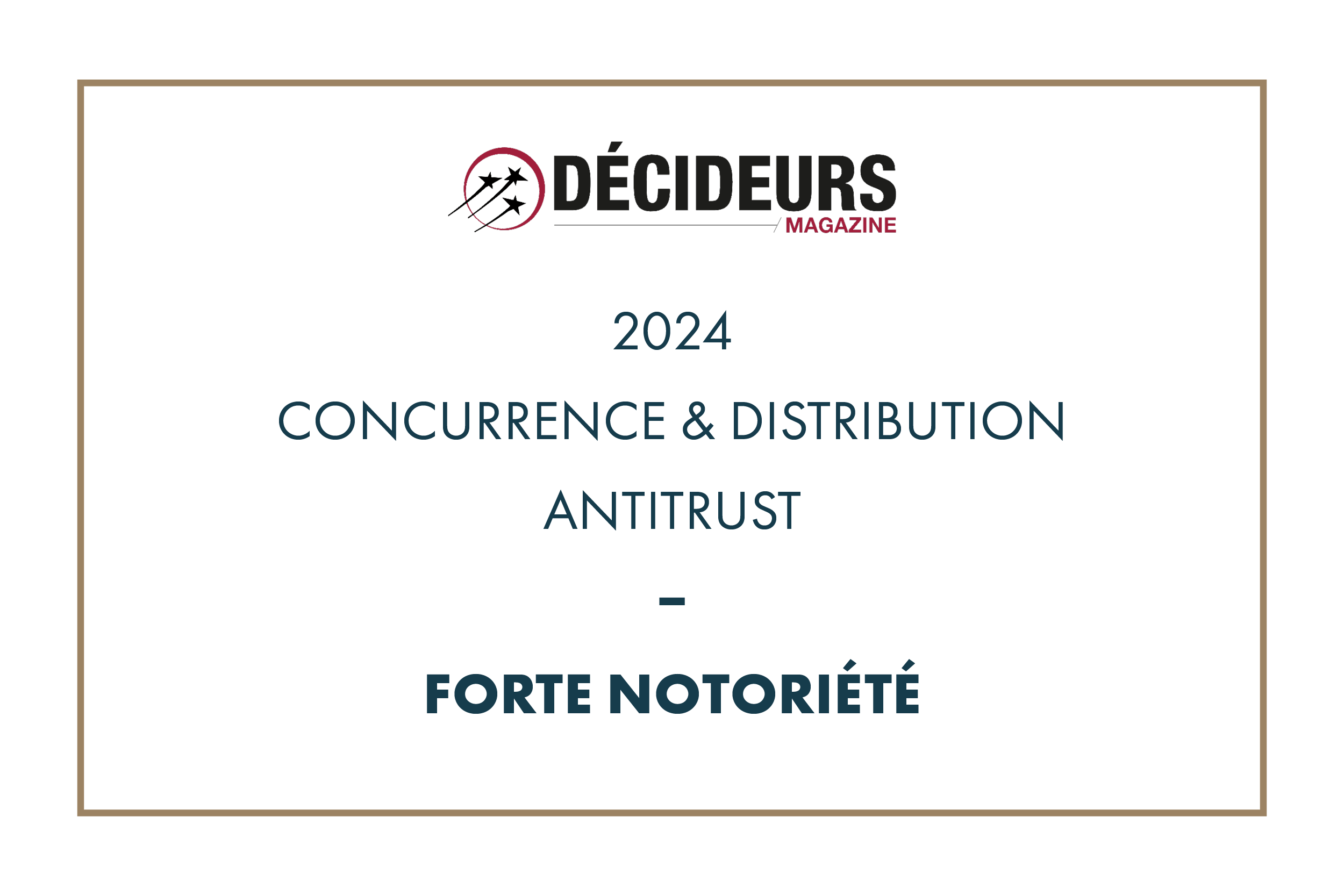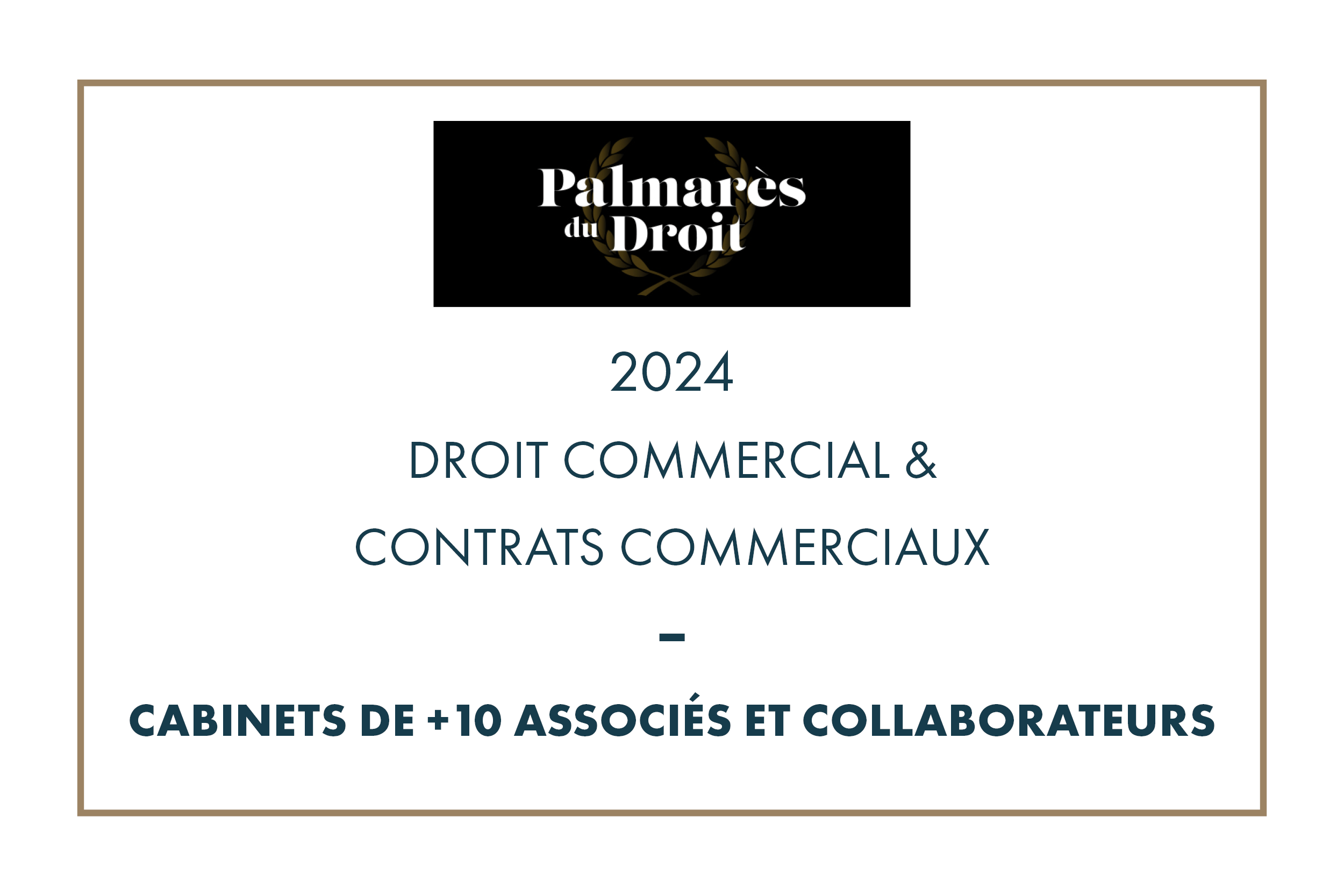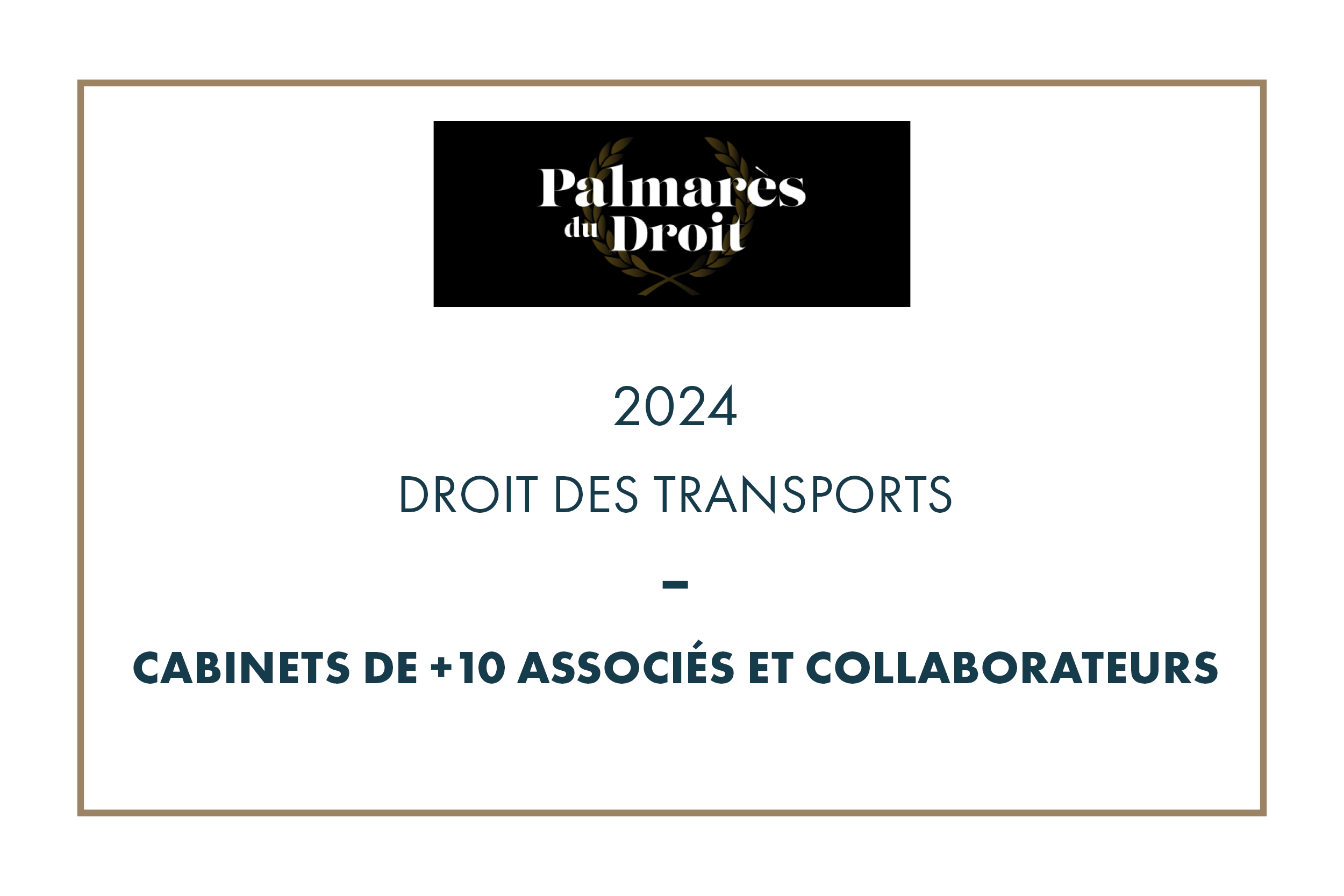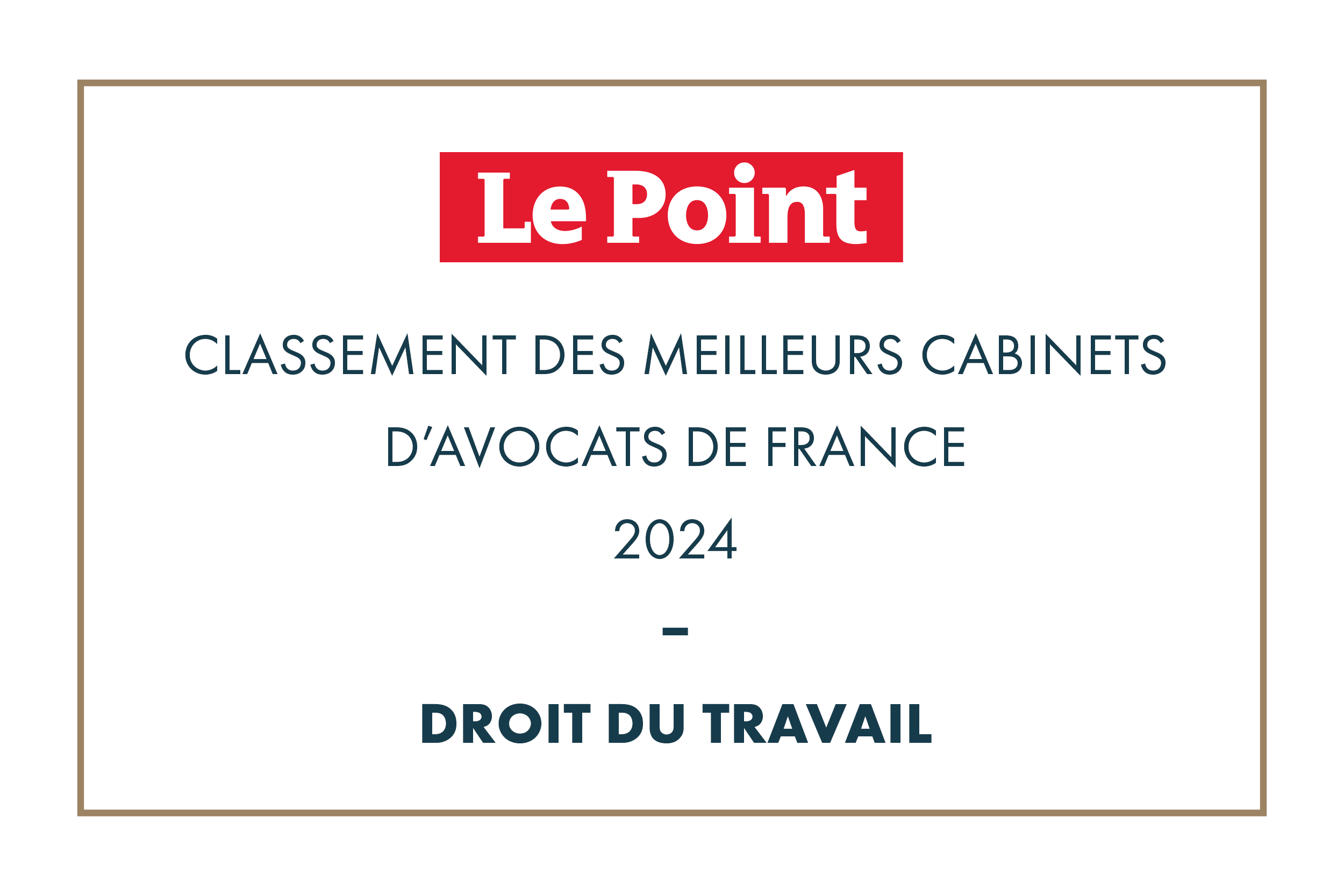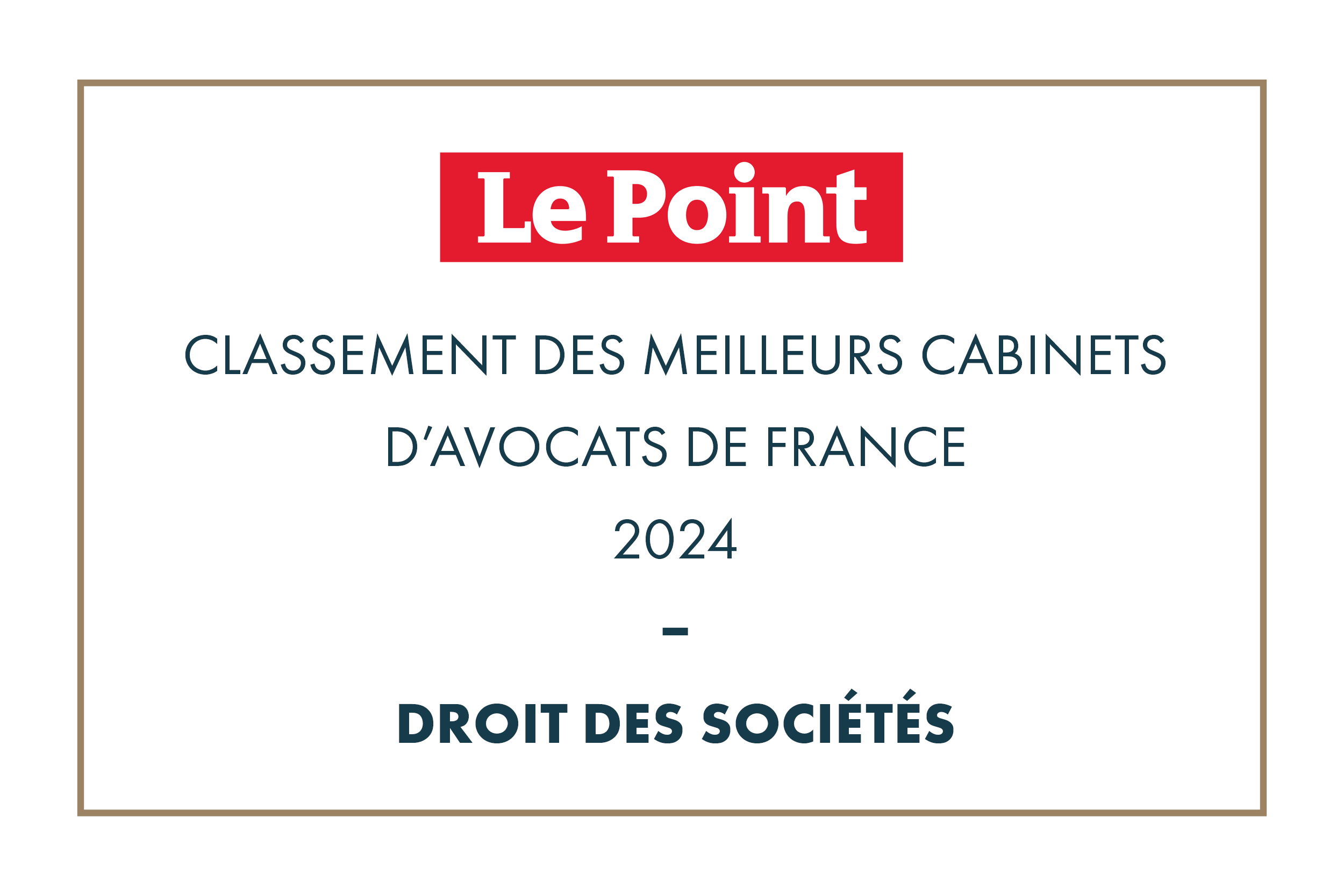Intellectual property and private copying
26 April 2023
What is intellectual property?
This term designates the works of the mind, marked by the free creative choice of its author: inventions, literary and artistic works, drawings and models, trademarks…
Intellectual property allows the creator to protect his work and to grant him advantages, such as an exclusive right to use his creation during a certain period.
It is by reconciling the interests of creators, in terms of protection and remuneration, and those of the general public, in terms of accessibility, that the intellectual property system can foster an environment that encourages creativity and innovation.
NMCG’s activity in the field of intellectual property is mainly focused on private copy levies.
Nowadays, we all have a phone, a tablet, a computer, and this, without knowing that a small part of the price of these devices is given to authors, composers…
Indeed, each author, artist, composer has a monopoly on the exploitation of his work (on its representation and reproduction).
This exclusive right is codified in the Intellectual Property Code in article L111-1: “The author of a work of the mind enjoys, by the sole fact of its creation, an exclusive intangible property right enforceable against all.
In order to avoid a payment for each download of a private and legal nature, while compensating the author for this loss of earnings, the private copy remuneration was therefore put in place.
Initially conceived in relation to reprography, this mechanism has followed the technological revolutions, the appearance of new media, and the principle of private copy compensation was really introduced by the Lang law of July 3, 1985.
It is then communitarized by the directive 2001/29/CE in the article 5-2 b, then transposed in French law in the article L311-4 of the Code of intellectual property.
The principle of private copy compensation is due to the double condition of a reproduction of a sound or visual work legally acquired by a natural person and for private use.
However, the directive leaves room for each member state’s legislation to adjust the conditions under which the various media are subject to this levy and, insofar as is strictly necessary to respect the single market, the assessment of the amounts. This is the challenge and the work of the firm: to avoid overcompensation or any competitive distortion between market players, and to participate in the clarification of its mechanism in compliance with the spirit of harmonization of European requirements.




